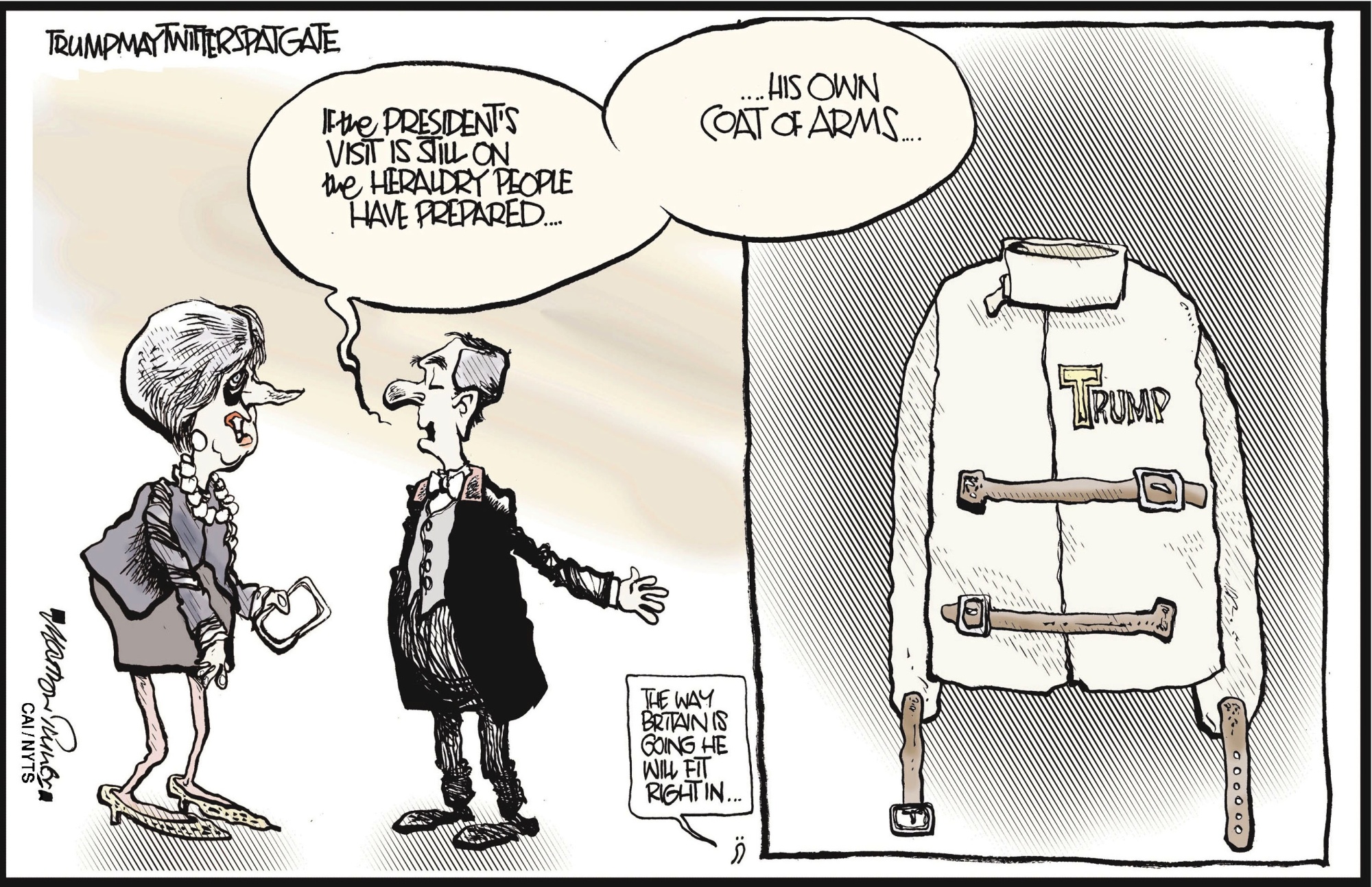"The Darkest Hour," a film that emphasizes the courage and iron will of British Prime Minister Winston Churchill through the first weeks of World War II, is drawing audiences and praise on its release in North America. It shows new generations that this man — mocked and marginalized in the 1930s by his party — was an inspirational leader during those bleak days, and beyond. Yet the acclaimed war-time prime minister was also an imperialist and a racist.
Churchill was not out of step with his time. It was widely accepted in the first half of the 20th century that the world was composed of strata of humanity that could be ranked according to their quality. That view, the crudest misreading of Charles Darwin, had seemed, at least in the West, to have died, or at least been consigned to the fringes of political and intellectual life. But it hasn't.
In 1937, Churchill told a royal commission that he did not think that a great wrong had been done to either the "Red Indians of America or the black people of Australia." Referring to whites, he added: "I do not admit that a wrong has been done to these people by the fact that a stronger race, a higher-grade race, a more worldly wise race to put it that way, has come in and taken their place."



















With your current subscription plan you can comment on stories. However, before writing your first comment, please create a display name in the Profile section of your subscriber account page.